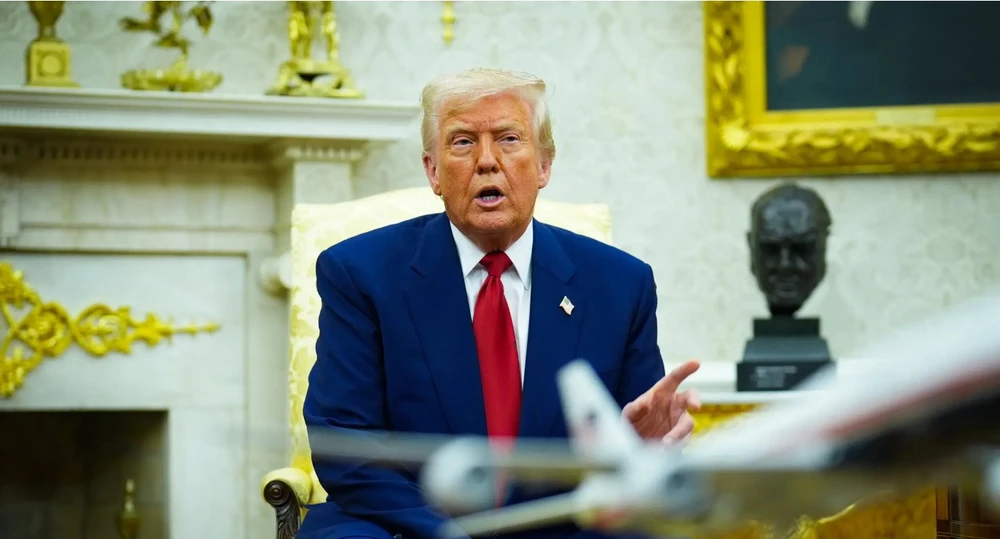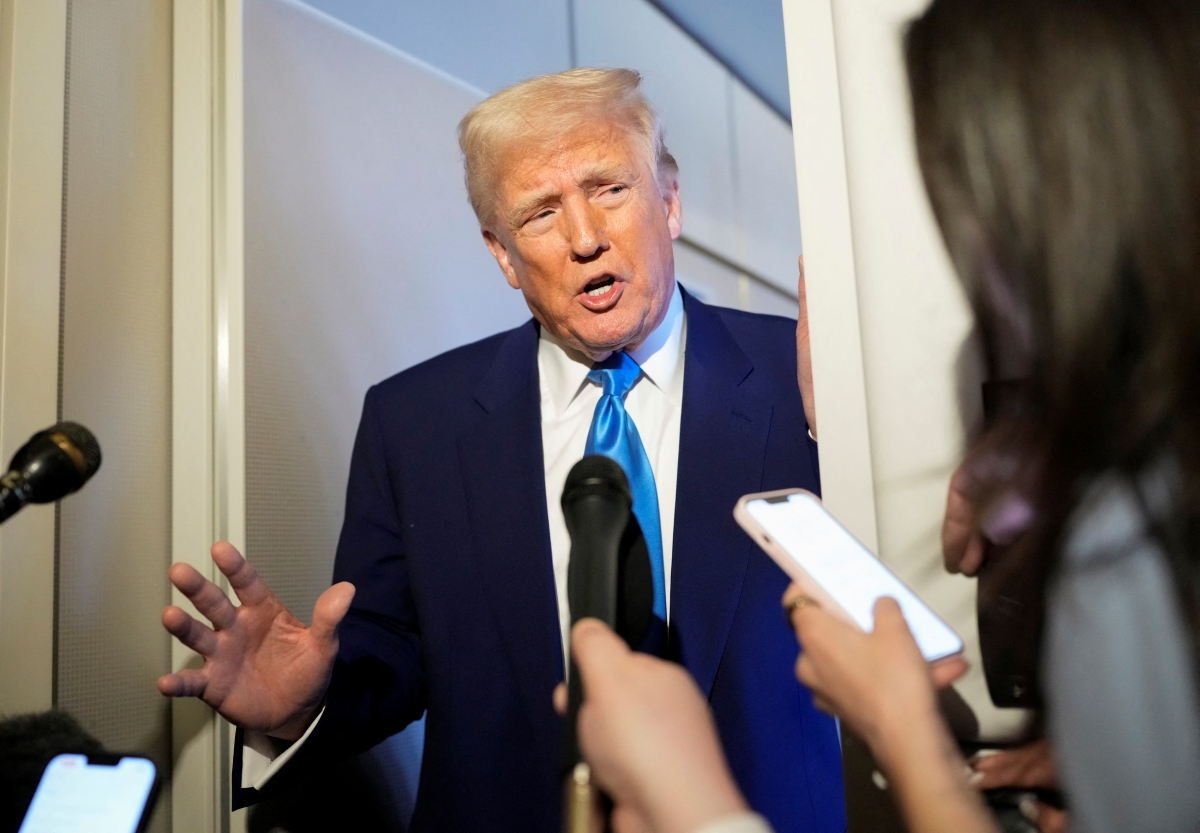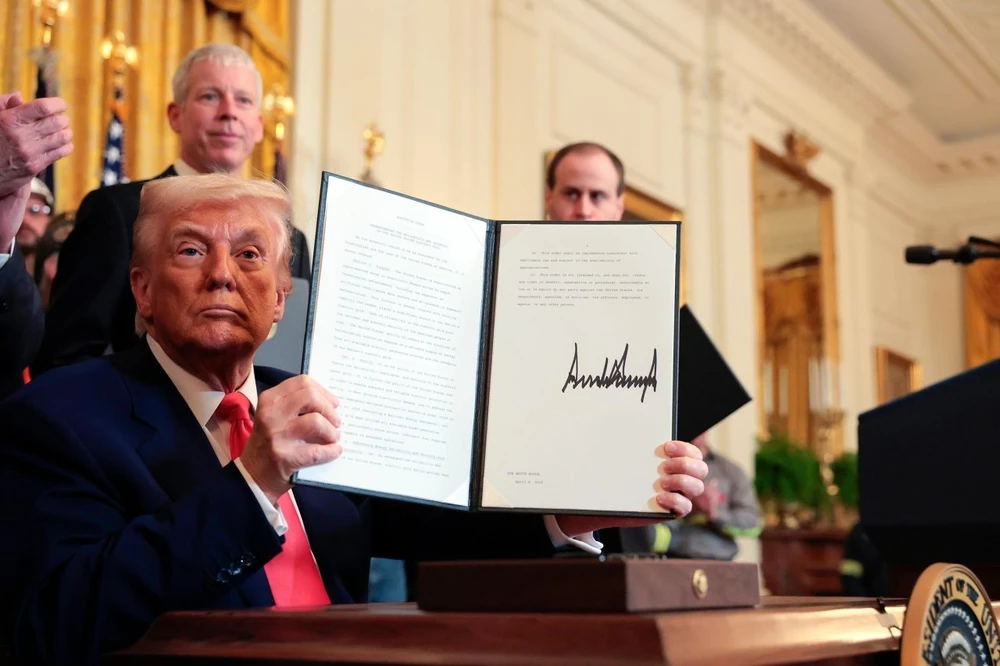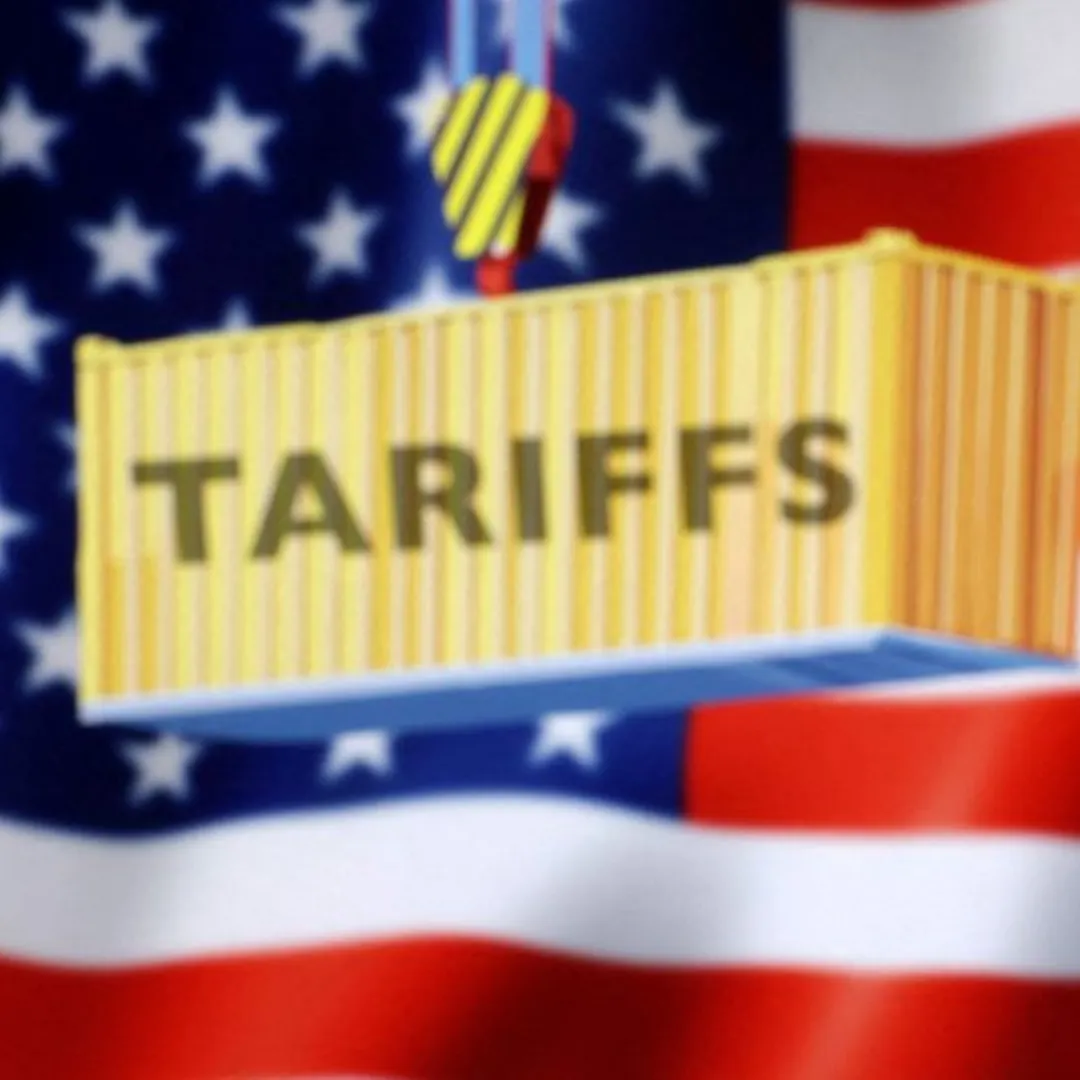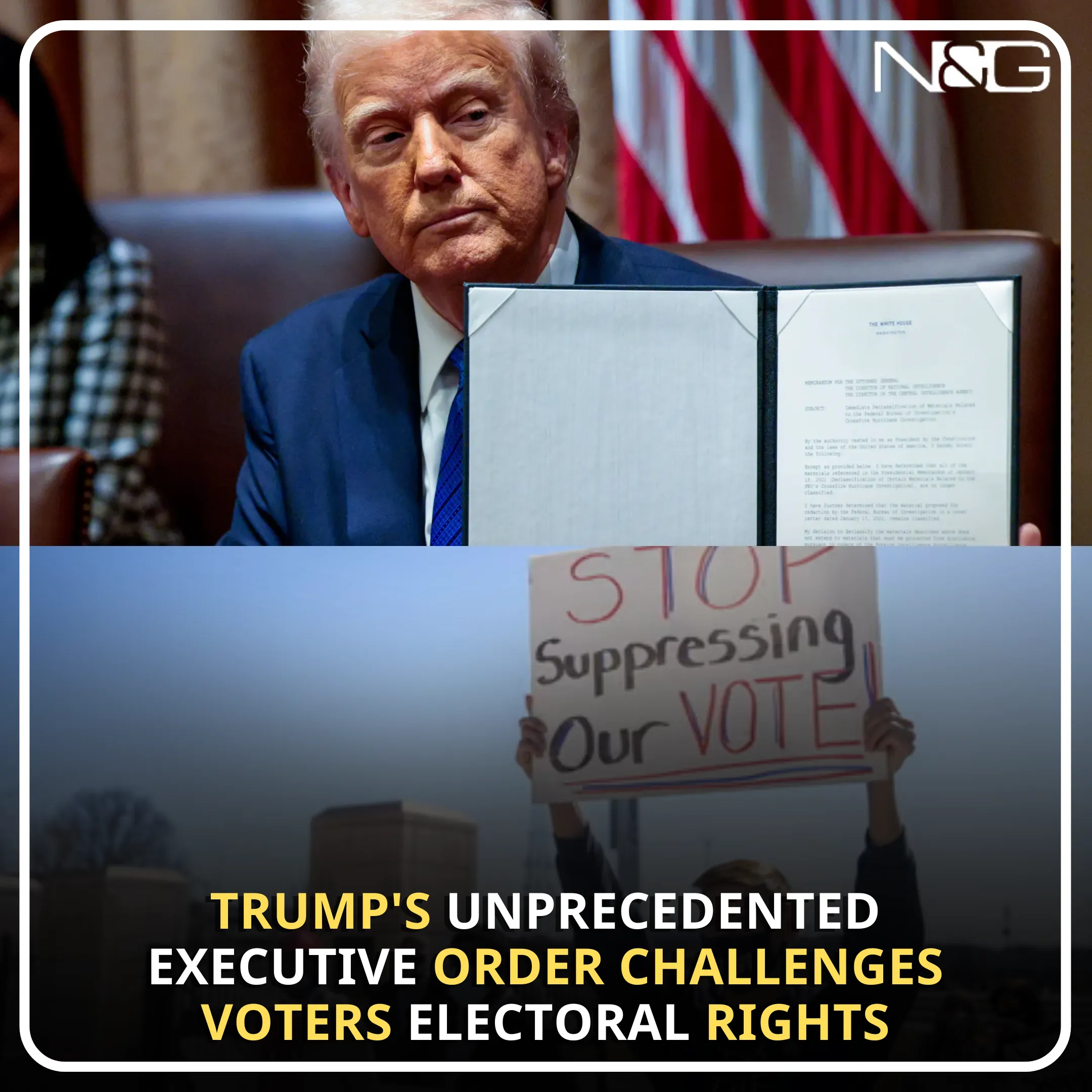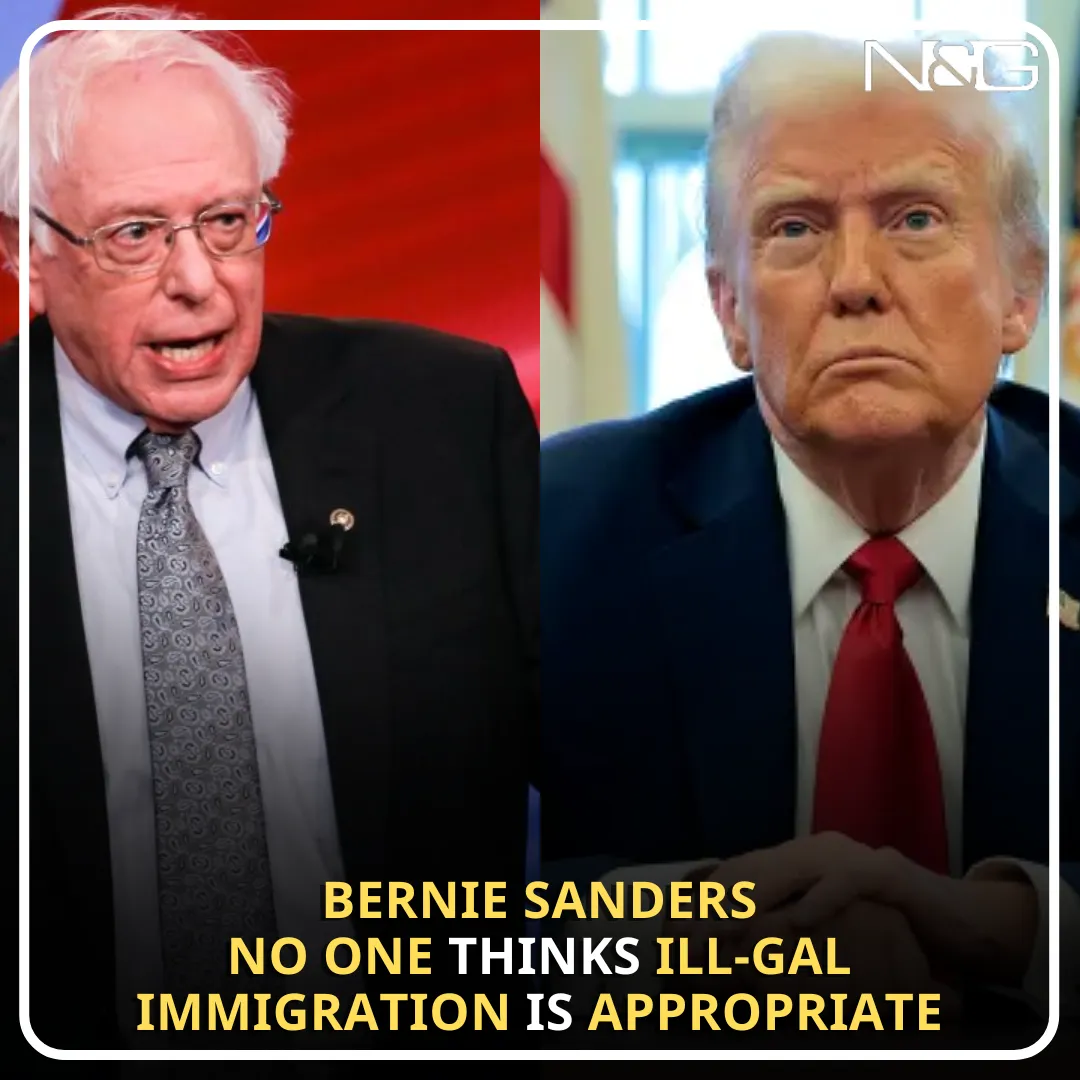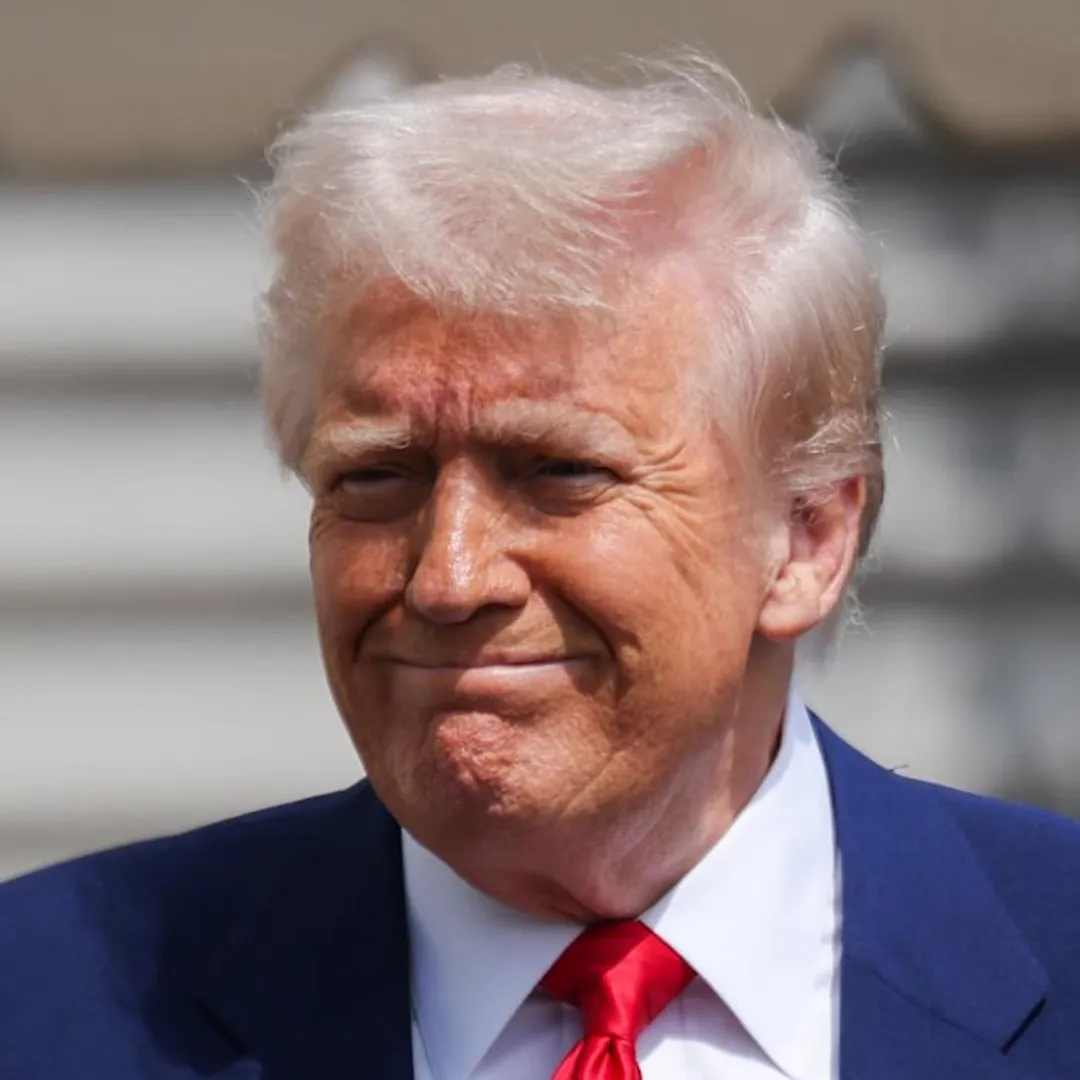Former President Donald Trump’s social media post declaring it a “GREAT TIME TO BUY!!!” just hours before announcing a dramatic pause on his sweeping tariff policy has sparked a political firestorm — and serious questions about potential insider trading.
The timing of the post, combined with the market’s immediate and significant rally, has critics, economists, and ethics watchdogs sounding alarms over what appears to be a case of market manipulation from the highest level.
Just three hours after the bullish post on Truth Social, Trump followed up with a policy bombshell: a 90-day pause on reciprocal tariffs for all trading partners except China, reversing the economic pressure that had roiled global markets in the days prior. Within minutes, Wall Street surged. The S&P 500 jumped over 5%. The Nasdaq 100 shot up nearly 8%.
The sequence of events, with Trump’s cryptic investment cue preceding major policy news, has left observers questioning whether the former president — or those close to him — may have engaged in or enabled insider trading by signaling a financial opportunity just before making a market-moving announcement.
In his official post later that afternoon, Trump claimed that “more than 75 countries” had reached out, pleading for negotiations after days of escalating tariff tensions. He used this as justification for his 90-day pause on reciprocal tariffs — a policy he had aggressively touted as central to his “America First” trade strategy.
“The countries included in the pause have not, at my strong suggestion, retaliated in any way, shape, or form against the United States,” Trump posted.
He emphasized that the pause was a diplomatic gesture to maintain goodwill, but markets interpreted it as a de-escalation — and a signal that global trade uncertainty might not be as severe as feared.
The rally that followed was swift and intense, with gains concentrated in sectors most exposed to international trade, like technology and manufacturing.
Yet the problem wasn’t just what Trump did — it was when he did it.
The post that came just hours before the official announcement read like financial advice — or a warning to those in the know. “THIS IS A GREAT TIME TO BUY!!!” he wrote, in all caps.
That single sentence lit up social media with accusations ranging from poor optics to outright insider trading.
“Trump frontran his own announcement to pause tariffs by saying it’s a ‘GREAT TIME TO BUY!’ 3 hours before huge news for stocks hit,” one user wrote. “This is levels of insanity we’ve never seen before.”
Other critics took things further, demanding congressional inquiries and SEC investigations into whether any members of Trump’s inner circle, political allies, or wealthy donors had made significant trades prior to the announcement.
“I want to know what trades were made by members of the Trump Administration before these unhinged tariff moves,” one user posted.
While no concrete evidence has yet emerged showing illegal activity, ethics experts say the situation is rife with red flags.
Insider trading — using nonpublic information to make profitable trades — is illegal under U.S. securities law. Although public officials are not exempt, enforcement has historically been complicated, especially when the alleged trader is also the one making the news public.
Legal experts argue that even if Trump himself didn’t trade, tipping off others with suggestive language like “great time to buy” could amount to unethical — if not illegal — conduct, particularly if his associates made trades based on the implied coming news.
Walter Shaub, former head of the U.S. Office of Government Ethics, said the timing “demands immediate scrutiny.”
“Even if no laws were technically broken, the mere appearance of market manipulation is corrosive to public trust,” Shaub said in a statement. “The government is not a hedge fund.”
This isn’t the first time Trump has faced accusations of manipulating markets via his rhetoric. During his first term, his tweets about China, the Federal Reserve, and various industries frequently moved markets — sometimes sharply. While presidents often influence economic sentiment, Trump’s behavior was unique in its directness and frequency.
Critics argue that this pattern — whether intentional or not — amounts to a form of “soft” manipulation that undermines the integrity of public markets and benefits those who are paying attention to the subtext, often insiders or politically connected investors.
“Trump has been messing with the markets so his wealthy friends could buy low,” one user speculated on social media. “His behavior should be investigated as insider trading.”
Others noted the on-again, off-again nature of his tariff strategy, calling it less about trade policy and more about leveraging market reaction for political or personal gain.
While tariffs on most countries were paused, Trump doubled down on China — raising tariffs to 125% in retaliation for what he claimed was China’s unfair treatment of the U.S. in global trade.
China has not yet officially responded to the increase. Some analysts fear a new wave of trade tension, while others believe Beijing may wait to see whether the pause becomes permanent before retaliating.
Trump’s handling of trade policy remains a cornerstone of his economic narrative — a mix of nationalism, retaliation, and deal-making. Supporters view it as strength. Detractors call it erratic and destabilizing.
But even among his base, questions are beginning to bubble about the motivation and timing of his decisions.
“If tariffs are truly the answer,” one user posted, “why would he be pausing them?”
As the political class reels from the optics, the question now is whether any investigation will follow. With Trump still the GOP frontrunner for the 2024 election, any formal inquiry would carry enormous political weight.
Democratic lawmakers have yet to officially launch a probe, but multiple House members have hinted at plans to request a Securities and Exchange Commission (SEC) review.
The SEC, which has authority to investigate market manipulation, does not comment on ongoing inquiries. However, any trades made by Trump-affiliated individuals or PACs during the hours before the tariff pause would be subject to scrutiny if a formal complaint is filed.
If history is a guide, proving insider trading in this context may be difficult — but public pressure could force transparency, especially around financial disclosures and trading activity among Trump’s orbit.
Regardless of legality, the episode is a reminder of Trump’s singular ability to move markets with his words — and the potential consequences when policy and personal messaging collide.
The line between populism and profiteering is razor thin when those in power hint at economic outcomes before they’re officially announced.
With the 2024 election looming and Trump campaigning on the very policies he’s now enacting in real time, observers warn this won’t be the last time markets and politics collide — or the last time ethical questions shadow his economic playbook.

